Rent Dumpster
Rent Dumpster: All You Need to Know About Renting a Dumpster for Your Waste Removal Requirements
Dumpsters are essential tools that assist homeowners, businesses, and construction sites in managing their waste. They are beneficial when you need to dispose of large amounts of waste efficiently by using the service of a rent dumpster. Whether you have a construction project coming up, a home renovation, or simply need to declutter your home, renting a dumpster can make all the difference. In this article, we will explore everything you need to know about dumpster rentals to make an informed decision when renting one for your waste removal requirements.
Dumpster Sizing and Cost – Everything You Need to Know
For small home renovation projects or garage cleaning jobs, you might choose a 15-yard dumpster that can hold four cubic yards of waste. If you are disposing of debris from a roofing project or minor landscaping efforts, a 20-yard dumpster might be more suitable. This size dumpster can hold up to eight cubic yards of waste. Smaller dumpsters cost less than larger ones, and rental periods usually range from a day to a week.
Medium Dumpsters: Medium-sized dumpsters are ideal for medium-sized projects like kitchen or bathroom remodeling. You may choose a 30-yard dumpster that can hold around 12 cubic yards of waste. If you are doing a comprehensive clean-out or have debris from multiple projects, a 40-yard dumpster might be the best option. Medium dumpsters can hold more waste, meaning they may require more time to fill up, so be aware of the rental period.
Large Dumpsters: Large dumpsters are suitable for construction sites or demolition projects and can hold 20 or more cubic yards of waste. These dumpsters are ideal for big renovations, and they come with an extended rental period. Large dumpsters come with a higher price tag as well, and it’s vital to determine your space and clearance needs before choosing the right size.
What Affects Dumpster Rental Costs: Get to know the main factors that can influence the price you’ll pay for dumpster rentals. First up, your location plays a significant role. Depending on where you are, prices can vary, especially in bustling cities. Secondly, the company you select matters. Different companies have different rates, influenced by factors like their size and reputation. Last but not least, your rental duration and dumpster size affect the cost. Smaller dumpsters typically have shorter rental periods, so plan your budget accordingly.
Tips to Keep Costs Low: One way to keep costs low is to choose the right size dumpster. If you only need a small dumpster for a small project, there’s no need to rent a larger and more expensive option. Renting for the shortest possible period can also keep your costs down. You can also discuss your waste disposal needs with the rental company to see if they can offer you a deal or discount.
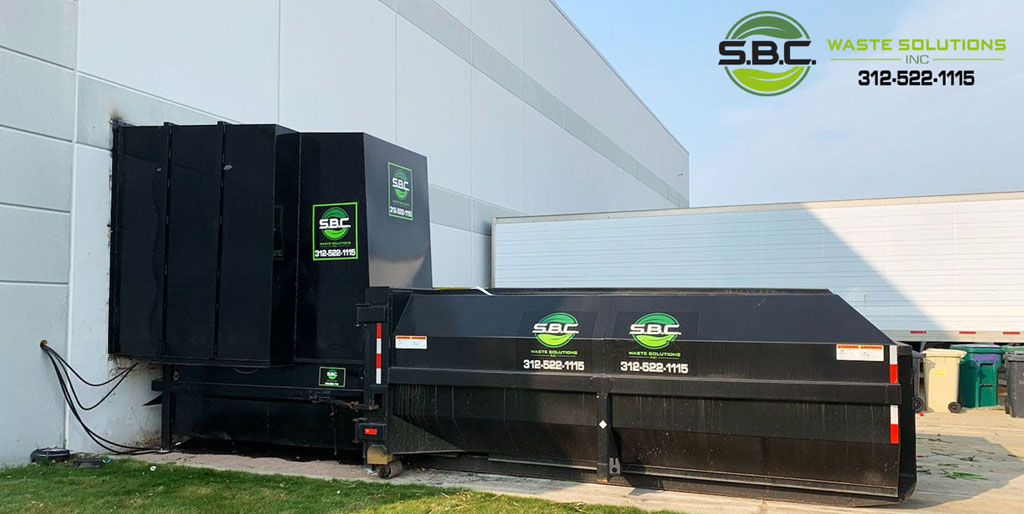
Dumpster Rental
Discovering the Different Types of Dumpsters
Roll-off dumpsters are the most common type of dumpster and are used primarily for home cleanouts or renovations. They are rectangular containers that are delivered on a large truck and rolled off using a mechanism on the back of the truck. The designs vary based on the size of the dumpster required. These dumpsters are usually found at construction sites, and rental periods may vary based on the project’s duration.
Commercial Dumpsters
Commercial dumpsters, also known as front-loading dumpsters, are commonly found in commercial properties. These dumpsters are typically kept on-site, and waste removal services pick them up regularly. They are typically smaller in size than roll-off dumpsters. As they are used by numerous individuals in the same property, it is essential to ensure that the waste removal schedule is always followed and that the waste collection process is efficient.
Rubber-Wheeled Dumpsters
Rubber-wheeled dumpsters are versatile dumpsters that can be moved easily on-site. These dumpsters are suitable for smaller projects, such as home renovations or small construction sites. They are an excellent option for locations where the placement of a large roll-off dumpster would be difficult. Due to their maneuverability, they are popular in urban areas with limited street parking and tight spaces.
Compactor Dumpsters
Compactor dumpsters are commonly used in commercial settings. These dumpsters are designed to accommodate large amounts of waste, making them ideal for industrial applications. Compactor dumpsters can hold more waste than regular dumpsters and reduce waste volume by compressing the waste. They are cost-effective and save a considerable amount of space.
Rear-Loading Dumpsters
Rear-loading dumpsters are similar to front-loading dumpsters but serve different purposes. Rear-loading dumpsters are commonly used in residential areas for curbside waste pickup. These dumpsters are designed to be emptied using a hydraulic arm attached to the garbage truck, minimizing human intervention. These dumpsters are an excellent option for households that require regular waste collection but do not generate a large volume of waste.
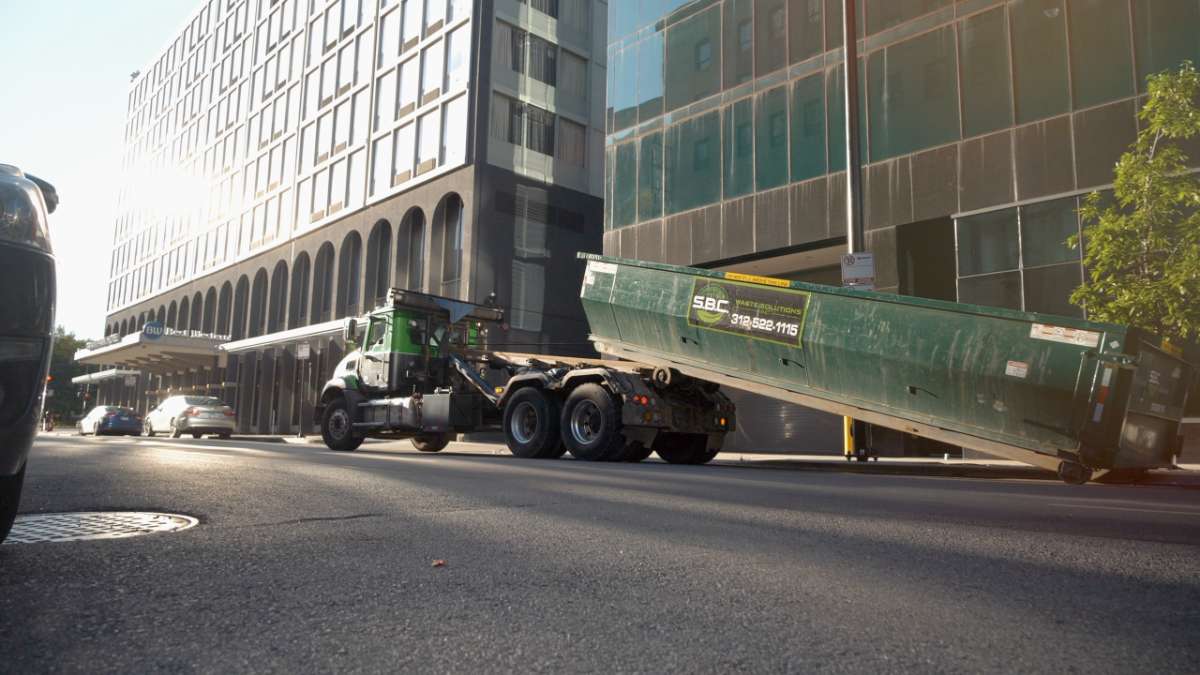
Dumpster Rental Service
Simplifying Dumpster Rental Permits and Regulations
Before you rent a dumpster, you should contact your local government to know the rules governing the use of dumpsters in your area. Different towns, cities, and states have different regulations depending on factors such as size, weight, and the materials allowed in dumpsters. Some regulations govern how long the dumpster can stay on a particular site, while others dictate how close the dumpster can be to surrounding buildings and property lines. Therefore, you need to ensure that you understand your local regulations before you rent a dumpster.
Get Permits Where Required
Depending on where you live, you may need permits to rent and use a dumpster. Property owners need to have a permit to have a dumpster sitting on their property. When seeking permits, there may be additional paperwork and fees required. Failing to secure a permit can lead to fines and legal implications. It’s important to note that some dumpster rental companies can help you to obtain permits, while others may not offer the service. Therefore, before you rent a dumpster, ensure that you understand the permit requirements, and if you require the permit, get it.
Choose the Right Size Dumpster
Ensuring that you rent the right size dumpster is an essential part of complying with local regulations. If you rent a dumpster that is too small for your project, you may need to make multiple trips to the landfill, causing unnecessary disruption or additional costs in extended rental periods. On the other hand, if you rent a dumpster that is too large for your project, you may consume more space than necessary, and it may be difficult to place it in some areas. When renting a dumpster, ensure that the size you choose is appropriate for your project, thus minimizing the chances of violating regulations.
Follow Proper Waste Disposal Practices
Dumpsters have restrictions on what can and cannot be disposed of in them. To comply with regulations, you should follow proper waste disposal practices. Some materials, such as tires, electronics, and hazardous waste, should never be disposed of in dumpsters. When disposing of waste materials, ensure that they are appropriately wrapped and contained, and that they are acceptable under local regulations.
Choosing a Reliable Dumpster Rental Company
Renting a dumpster involves more than just choosing the right size and type of dumpster. To ensure a hassle-free experience, it is essential to choose a reliable dumpster rental company. A good company will have transparent pricing, a variety of dumpster sizes, excellent customer service, and the necessary permits and regulations. Reading reviews and asking for recommendations can help you find a reliable dumpster rental company.
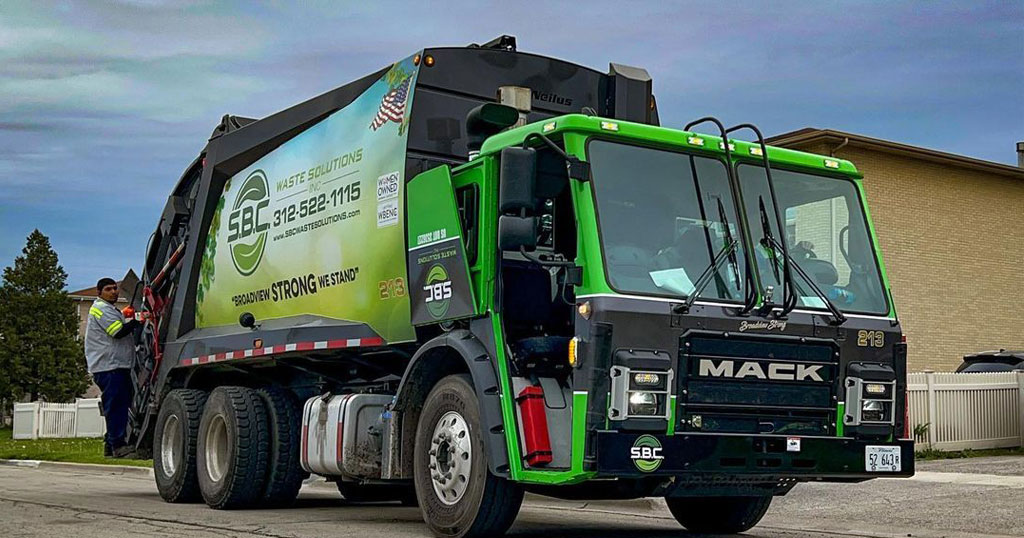
Garbage Pickup Near Me
https://www.google.com/maps?cid=4180240075447051620

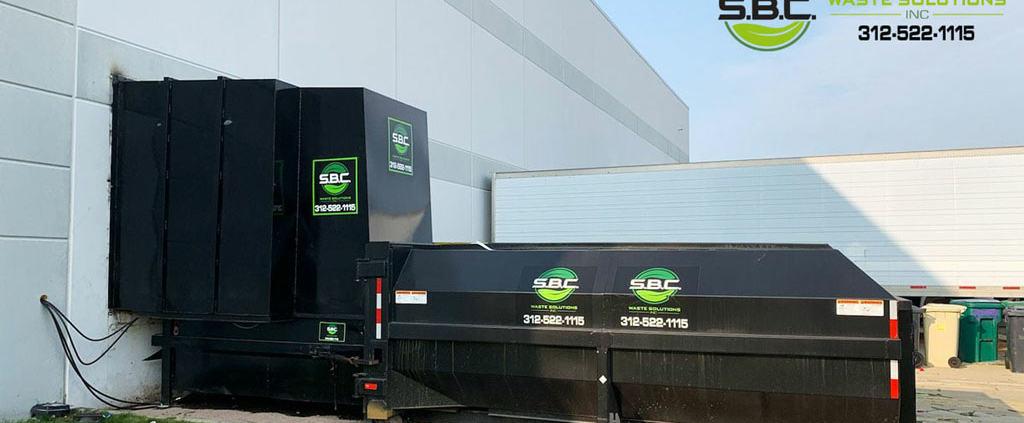

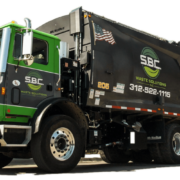
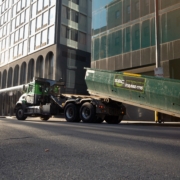
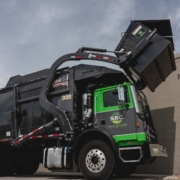
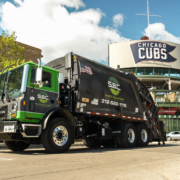
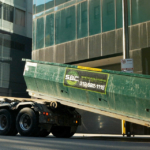
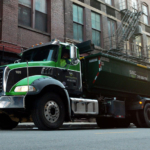
Leave a Reply
Want to join the discussion?Feel free to contribute!